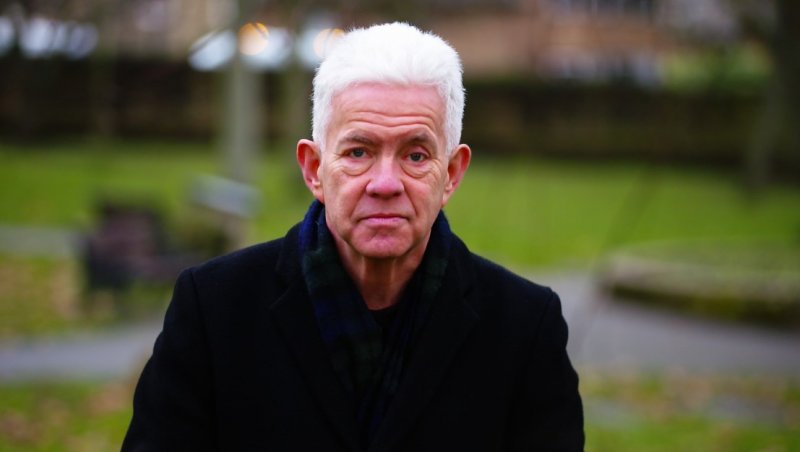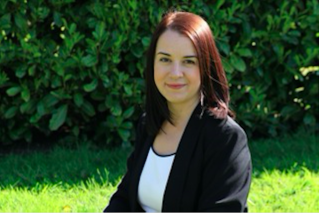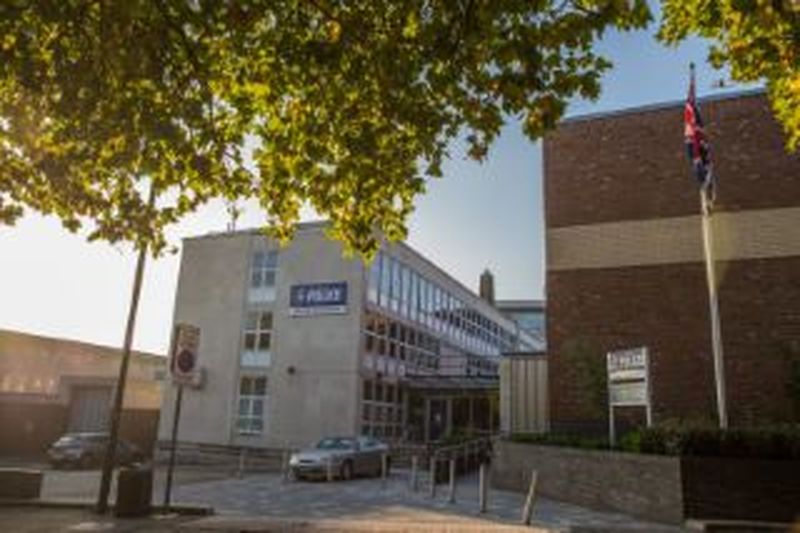INCREASING numbers of Barnsley residents have been detained by police due to concerns with their mental health during this year’s two lockdown spells, it has been revealed.
Section 136 detention, which is permitted under the Mental Health Act, is a law which has been used by police if officers believe a subject is displaying symptoms and they require ‘care or control’.
Although it’s not allowed to be used if the person is within a home setting - either their own or someone else’s - it’s enforceable if they are outdoors.
NHS figures show that from March to July - the first spell of lockdown - there were more than 3,300 referrals to mental health services in Barnsley.
Barnsley’s Chief Superintendent Sarah Poolman said that mental health concerns had risen since March - when the first spell of lockdown began - and warned the force is expecting to see a long-term impact of Covid-19 on people’s mental health.
Chf Supt Poolman said: “It’s always difficult to give exact numbers around mental health because it presents in so many different ways.
“What we did see was during the first lockdown with an increase in Section 136 detention, where the police detain someone who seems to pose a risk to themselves or others.
“Mental health concerns are rising among the general populace which is no great surprise due to the isolation many have been subjected to during the lockdowns.
“It’s not just lockdowns, though, as we have had people who are shielding for nine months now on their own.
“That’s a huge amount of time to be left with your own mind and we’re going to see the long-term impact of Covid for the next year or so.”
MIND, a mental health charity, previously told the Chronicle that more people have experienced a mental health crisis during the pandemic than ever previously recorded.
Calls to its helpline have also increased, with calls being twice the usual volume last month, with many surpassing the 500 per day mark.
Numbers of suspected suicides in Barnsley appear to have also risen since the Covid outbreak, according to public health bosses.
According to a Barnsley Council public health report, most at risk of developing mental health issues are women, women with children, healthcare workers, those shielding or who are on low incomes, older people and people with pre-existing mental health conditions.
“As always, we are working closely with our partners, and our focus is to achieve zero suicides within the borough,” it said.
“We understand this is a difficult time for all our residents and would urge anyone who is struggling to reach out and get the help they need.
“There is lots of support available to people who may be struggling with their mental health on the council’s Alright Pal webpage, including details about the new 24-7 mental health helpline and information on local and national support.”
The report said Covid is having a ‘significant impact’ on mental health and wellbeing by increasing susceptibility to depression, loneliness, stress and anxiety.
“These can subsequently lead to changes in eating patterns, difficulty sleeping or concentrating, increased use of alcohol, tobacco or other drugs, worsening of chronic physical and mental health conditions, self-harm and suicide,” it added.



























